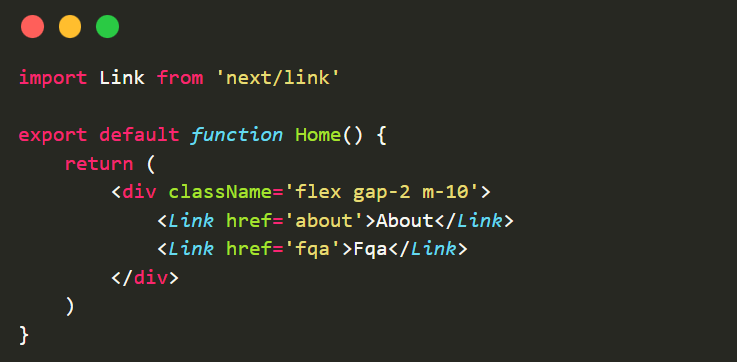

For Companies
For AI Labs
For Developers
Use Cases
Customer Stories
Get added peace of mind with Revelo’s risk-free trial. If you’re not satisfied with your hire within the first 14 days: You pay nothing, and we’ll find you a new candidate at no additional cost.










Marcos S.
Experience
4 years
AVAILABILITY
Full-time

Milena R.
Experience
5 years
AVAILABILITY
Full-time

Vanessa F.
Experience
8 years
AVAILABILITY
Full-time

Paula C.
Experience
6 years
AVAILABILITY
Full-time

Daniel R.
Experience
10 years
AVAILABILITY
Full-time

Camila V.
Experience
7 years
AVAILABILITY
Full-time
Rigorously vetted for technical and soft skills. Expertly hand-picked for your needs
Work synchronously with developers in the same or overlapping US time zones
Get shortlists within 3 days and hire in as fast as 2 weeks
Go further and reduce the overhead of sourcing, hiring, and talent management
Swr | Nativebase | Nx | Next Auth | Sentry Javascript | Next Routes | Next Redux Wrapper | Next PWA | Next Optimized Images | Nookies
Blitz | Commerce | Serverless Next.js | Nextra | Notion Blog | Nextron | Nextein | Tailwind CSS | Builder
Facebook API | Instagram API | YouTube API | Spotify API | Apple Music API | Google API | Jira REST API | GitHub API | SoundCloud API
Netlify | Azure | AWS Simplify | S3 | CloudFront | Aerobatic | Heroku | Vercel | GitLab Pages | Cloudflare Workers | Render | Surge | Firebase Hosting | Gatsby Cloud
MongoDB | PostgreSQL | MySQL | Redis | SQLite | MariaDB | Microsoft SQL Server
Next.js is a leading React-based framework that has emerged as a critical tool for creating advanced web applications. Hiring skilled Next.js developers is an astute move for businesses aiming to optimize their web presence and deliver exceptional digital experiences.
Hiring challenges include not only identifying professionals with the necessary technical skills but also those who understand your business needs and can fit into your existing tech team. As web applications continue to advance, staying up-to-date with the latest tools and methods can be difficult without Next.js expertise.
Next.js, a powerful JavaScript framework originating from a team at Vercel, enables the creation of server-side rendering and static web applications using React. This open-source tool is ideal for scalable, fast-loading projects like e-commerce platforms or blogs that benefit from enhanced SEO performance.
The edge Next.js offers over competitors lies in its built-in (practically) zero-configuration functionality. Developers can swiftly initiate projects without configuring Webpack or Babel. That means less time spent on setup and more on delivering quality solutions, providing an advantage to companies seeking efficiency and speed in software development.
Next.js is chosen for its developmental efficiency and flexibility. Its hybrid Static Generation and Server Side Rendering (SSR) allow programmers to build applications that perform optimally in different scenarios, including highly dynamic, user-facing pages or pages requiring real-time updates.
Additionally, Next.js supports Incremental Static Regeneration (ISR), enabling developers to update static content without needing a complete site rebuild, meaning less downtime and more seamless updates.
Lastly, as a framework designed for production, Next.js is an excellent choice for e-commerce storefronts, marketing websites, or any application where performance and SEO are crucial. Its features can be leveraged to build scalable, high-performance applications that engage and retain users. The versatility and efficiency of Next.js make it an invaluable tool for businesses aiming to enhance their online presence while streamlining development processes.

Build your remote software engineering team in any tech stack. Our talent pool of senior software developers are pre-screened across 100+ skills.
Looking for work? Apply here
Yes, if for any reason you find the developer you hire isn't a good fit within the first 14 days - you pay nothing or we can find you a replacement at no additional cost.
Hiring a full-time developer through Revelo is a simple 3-step process. First, you tell us your hiring needs. Second, we match you to the best developers within 3 days. Third, you interview the candidates you like and hire the one you like most.